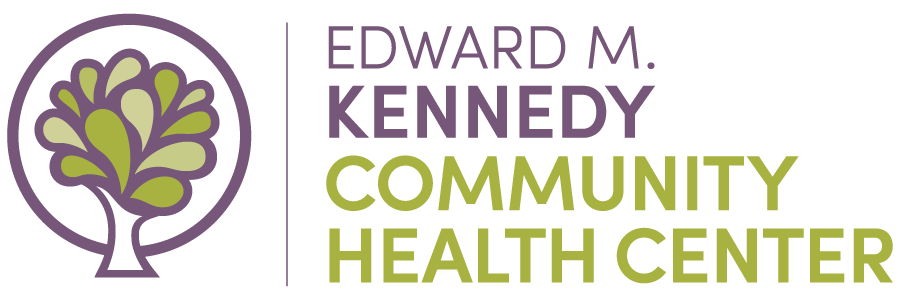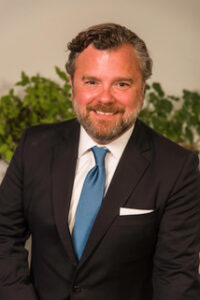Edward M. Kennedy Community Health Center Awarded Ambulatory Health Care and Behavioral Health Care Accreditation from the Joint Commission
Edward M. Kennedy Community Health Center (Kennedy Community Health) has earned The Joint Commission’s Gold Seal of Approval® for Ambulatory Health Care as well as Behavioral Health Care Accreditation by demonstrating continuous compliance with its performance standards. The Gold Seal is a symbol of quality that reflects a health care organization’s commitment to providing safe and quality patient care. It is the 23rd consecutive year that Kennedy Community Health has achieved Joint Commission Accreditation for its Ambulatory Health Care, and the first year for its Behavioral Health Care.
Kennedy Community Health underwent a rigorous, unannounced onsite review on November 18, 2019. During the visit, a team of Joint Commission reviewers evaluated compliance with both Ambulatory Health Care and Behavioral Health Care standards spanning several areas including emergency management and environment of care, with a focus on infection prevention and control.
The Joint Commission’s standards are developed in consultation with health care experts and providers, measurement experts and patients. They are informed by scientific literature and expert consensus to help health care organizations measure, assess and improve performance. The surveyors also conducted onsite observations and interviews.
“As a private accreditor, The Joint Commission surveys health care organizations to protect the public by identifying deficiencies in care and working with those organizations to correct them as quickly and sustainably as possible,” says Mark Pelletier, RN, MS, chief operating officer, Accreditation and Certification Operations, and chief nursing executive, The Joint Commission. “We commend Kennedy Community Health for its continuous quality improvement efforts in patient safety and quality of care.”
“We are pleased to announce that Kennedy Community Health has achieved the highest level of Joint Commission Accreditation, Gold Seal of Approval, for the 23rd consecutive year in Ambulatory Health Care and for the first time ever in Behavioral Health Care,” says Stephen J. Kerrigan, President and CEO of Kennedy Community Health. “We are grateful to The Joint Commission for the careful and thorough review of our sites and services during their visit and for the opportunity to demonstrate of commitment to continuous quality improvement and excellence in patient care and safety. We look forward to their continued guidance in ensuring we provide the highest quality of care to our 28,000+ patients.”
The organization began its preparations approximately 18 months ago after making the decision to pursue Behavioral Health Care Accreditation in addition to Ambulatory Health Care. The Health Center conducted a careful analysis of how the Joint Commission’s Ambulatory Health Care standards apply to its practice then engaged a multi-disciplinary team with representation from all three sites, Kennedy Community Health. This team was tasked with conducting an extensive review of current best practices, policies and procedures to ensure continued compliance with current standards and demonstration of a strong commitment to the “Spirit of Excellence”.







